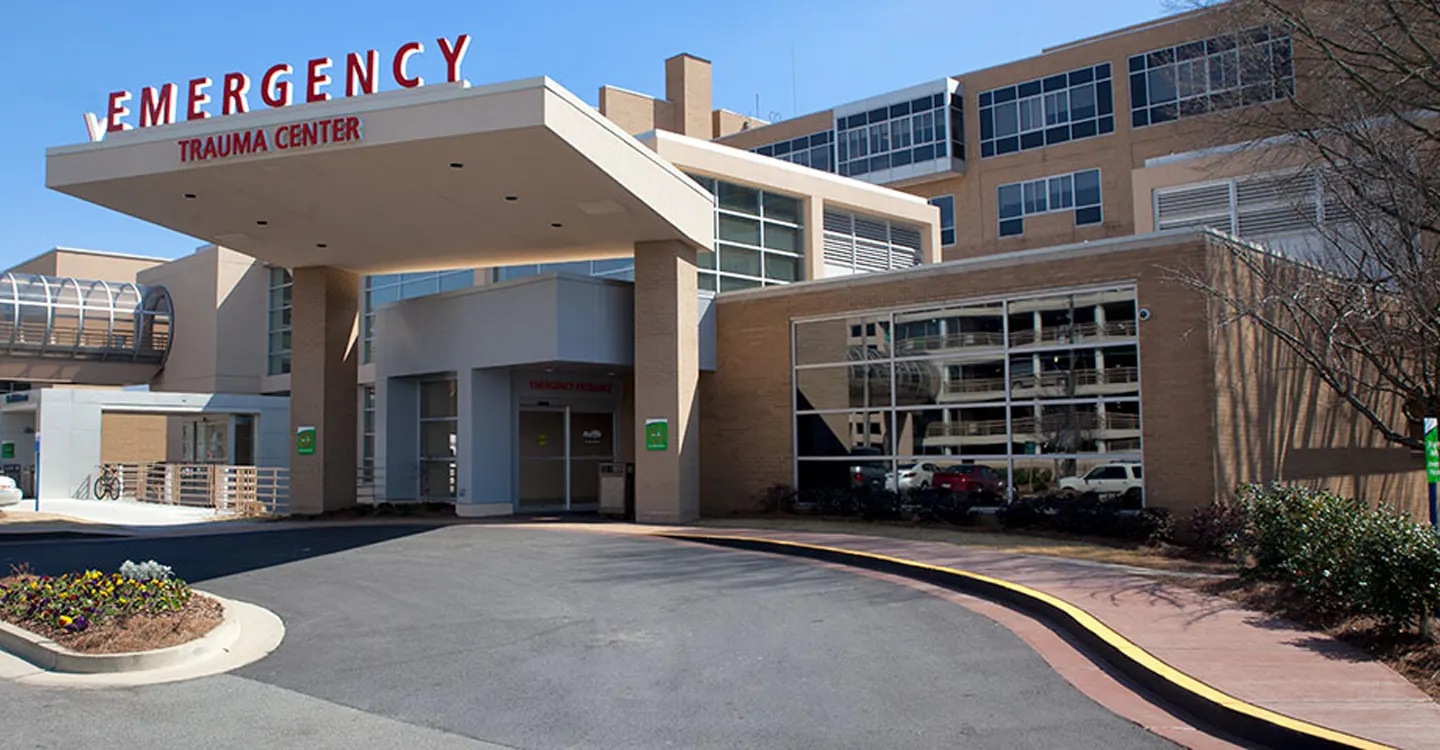Floyd Medical Center to Join Alabama Network for Stroke, Trauma Care

Parking will be limited at the Floyd Medical Center campus, including the Emergency Care Center, due to construction and road widening.
Learn more about our parking changes.

About Atrium Health Floyd
The Atrium Health Floyd family of health care services is a leading medical provider and economic force in northwest Georgia and northeast Alabama. Atrium Health Floyd is part of Charlotte, North Carolina-based Advocate Health, the third-largest nonprofit health system in the United States, created from the combination of Atrium Health and Advocate Aurora Health. Atrium Health Floyd strategically combined with Harbin Clinic in 2024 and employs more than 5,200 teammates who provide care in over 40 medical specialties at four facilities: Atrium Health Floyd Medical Center – a 361-bed full-service, acute care hospital and regional referral center in Rome, Georgia; Atrium Health Floyd Polk Medical Center in Cedartown, Georgia; and Atrium Health Floyd Cherokee Medical Center in Centre, Alabama; and Atrium Health Floyd Medical Center Behavioral Health, also in Rome. Together, Atrium Health Floyd and Harbin Clinic provide primary care, specialty care and urgent care throughout northwest Georgia and northeast Alabama. Atrium Health Floyd also operates a stand-alone emergency department in Chattooga County, the first such facility to be built from the ground-up in Georgia.